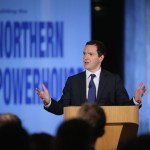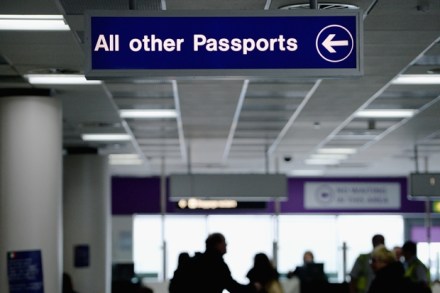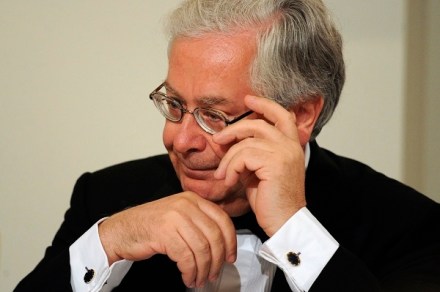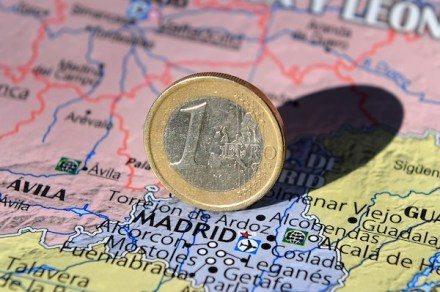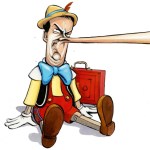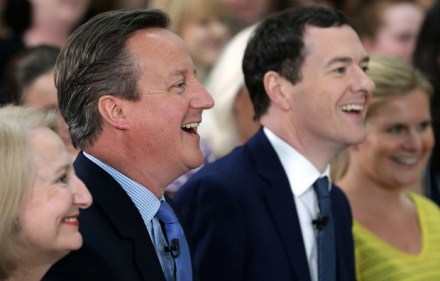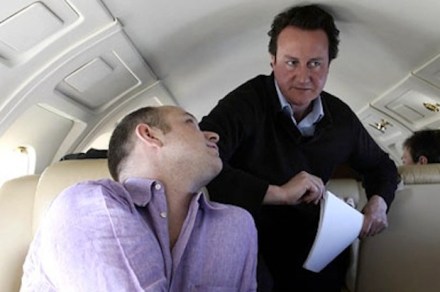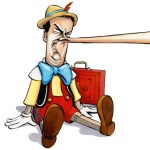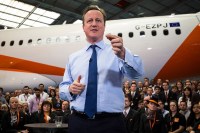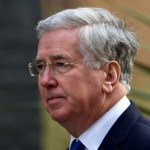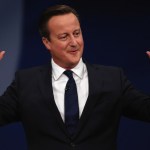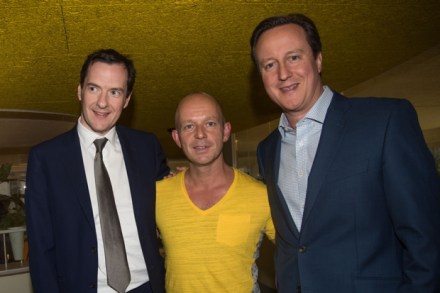Why the opinion polls still matter
This EU referendum is a particularly difficult contest to poll and after the general election we all should be wary of treating them as gospel. But there’s no getting away from the fact that the mood in Westminster—and on the two campaigns—is heavily influenced by the polls. The recent good numbers for Leave have put a string in its step. They have also ensured that Vote Leave’s focus on immigration in the last few days isn’t seen as the last roll of the dice but as an attempt to focus on one of its strongest areas. Interestingly, influential figures on the Remain side privately accept that the referendum appears to




